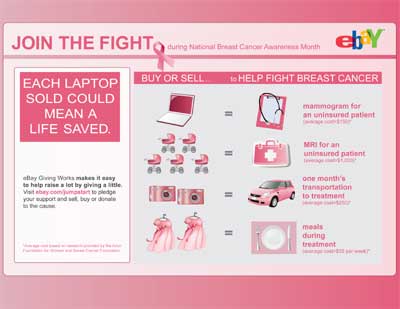A study published this week in the journal Nature shows that some types breast cancers are genetically similar to ovarian tumors.
Basal-like breast tumors, one of the most deadly types of breast cancers, were found to be more genetically similar to ovarian tumors than even other types of breast cancers. Basal-like tumors account for around 10% of all breast cancers and affect younger women and black women disproportionately. Researchers suggest that the tumors have common genetic origins and could be treated with the same drugs.
“With this study, we’re one giant step closer to understanding the genetic origins of the four major subtypes of breast cancer,” said Dr. Matthew Ellis, the Anheuser-Busch Chair in Medical Oncology at the Washington University School of Medecine and co-lead author of the study. “Now, we can investigate which drugs work best for patients based on the genetic profiles of their tumors. For basal-like breast tumors, it’s clear they are genetically more similar to ovarian tumors than to other breast cancers. Whether they can be treated the same way is an intriguing possibility that needs to be explored.”
Basal-like breast tumors are now treated with anthracycline-based chemotherapy the same way many other breast cancers are. A different study Ellis authored shows that that type of chemotherapy isn’t effective for women with basal-like breast tumors. He suggests that future clinical trials should not use these drugs on those women. The new research suggests that these patients may benefit from treatments already used to fight ovarian cancer.
“Now, we’re much closer to understanding the true origins of the different types of breast cancer,” said Ellis. “With this information, physicians and scientists can look at their own samples to correlate patients’ tumor profiles with treatment response and overall outcomes. That’s the challenge for the future – translating a patient’s genetic profile into new treatment strategies.”
The research was part of The Cancer Genome Atlas project, which is currently identifying and cataloguing mutations involved with common cancers using genetic sequencing. For this study, a nationwide consortium of researchers analyzed breast tumors from 825 different women, looking for defects in DNA, RNA, and proteins.

